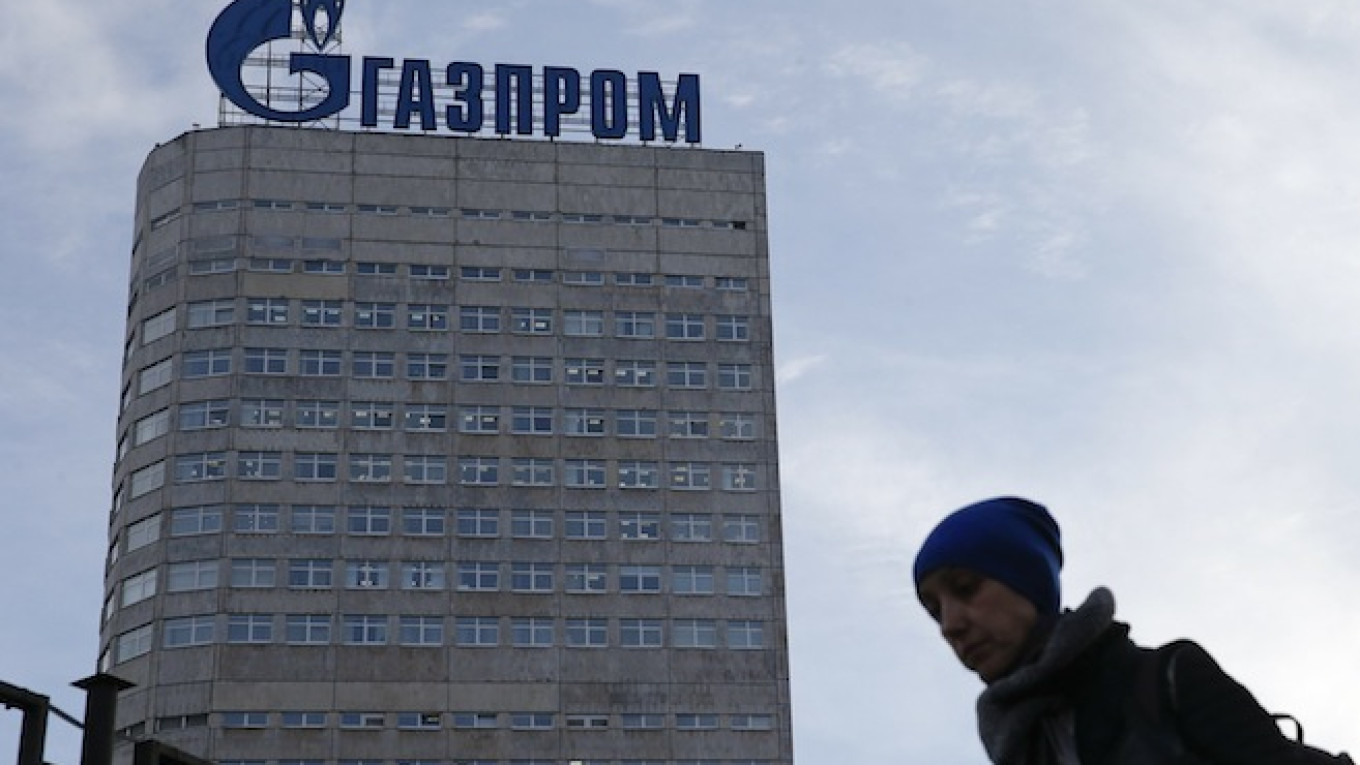LONDON/MOSCOW — Gas giant Gazprom's oil arm is shifting its trading operations from Austria back to Russia, it said, with industry sources saying the firm wanted to protect huge revenues from potential seizure as Moscow's relations with the West worsen.
A decision by Gazprom Neft on Wednesday to relocate trading from Vienna to St. Petersburg, Russia's second-largest city and the home town of President Vladimir Putin, follows a similar move by its mother company Gazprom to move trading offices from London to St. Petersburg.
Both moves show how sanctions imposed on Russia over its actions in Ukraine are forcing a retreat from the West by once acquisitive Kremlin-controlled firms.
The sanctions have drastically curtailed Russian firms' ability to borrow and expand abroad after a decade of asset accumulation, which included purchases of businesses across Europe and creation of trading desks similar to the ones of oil majors BP and Shell.
As relations between Russia and the West hit their worst since the Cold War last year, the country lost several decade-old European court cases over assets worth more than $50 billion confiscated by the state.
Those cases included suits by former shareholders of oil firm Yukos, which was broken up by Russian authorities and whose assets are now controlled by Gazprom Neft and fellow Kremlin oil major Rosneft.
Gazprom Neft said the decision to move trading from Vienna was designed to "improve efficiency" and added it was not planning to close its Vienna offices completely.
Several trading sources said the shift in the business from Vienna, which used to turn over dozens of billions of dollars a year, was due to a combination of factors such as sanctions against Russia and Western court cases such as the Yukos ruling.
"They don't want any exposure. They want everything to go through Russia," one source familiar with the matter said.
"The main problem is that they have too much money in Vienna and they are afraid that this money could be seized," said a second source.
Several trading counterparties of Gazprom Neft, which include Western oil majors, said the company had also changed the way it sells crude to them from 2015.
They said the company was now mostly selling crude and refined products on a free-on-board (FOB) basis, meaning the ownership change occurs at Russian ports.
Previously, it sold crude on the cost-insurance-freight (CIF) basis, where the seller is obliged to deliver the cargo to the buyer, usually to a port outside Russia.
The switch makes it more difficult for any plaintiff to seize a cargo or payment at court orders, traders said.
Gazprom Neft's Vienna offices used to employ 80 people and the number will shrink to a couple of dozen as most traders will move to St. Petersburg leaving only some support functions in the Austrian capital, sources said.
Gazprom's London offices used to employ about 1,200 people before the relocation decision last month.
Other major Russian oil companies with large Western trading offices include Rosneft and LUKoil, both based in Geneva in Switzerland.
A Message from The Moscow Times:
Dear readers,
We are facing unprecedented challenges. Russia's Prosecutor General's Office has designated The Moscow Times as an "undesirable" organization, criminalizing our work and putting our staff at risk of prosecution. This follows our earlier unjust labeling as a "foreign agent."
These actions are direct attempts to silence independent journalism in Russia. The authorities claim our work "discredits the decisions of the Russian leadership." We see things differently: we strive to provide accurate, unbiased reporting on Russia.
We, the journalists of The Moscow Times, refuse to be silenced. But to continue our work, we need your help.
Your support, no matter how small, makes a world of difference. If you can, please support us monthly starting from just $2. It's quick to set up, and every contribution makes a significant impact.
By supporting The Moscow Times, you're defending open, independent journalism in the face of repression. Thank you for standing with us.
Remind me later.


